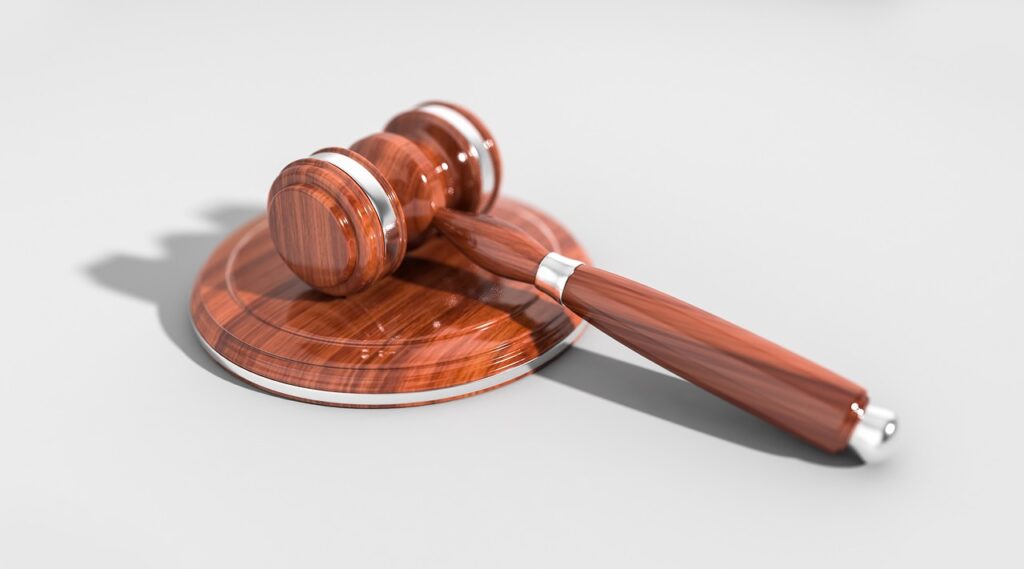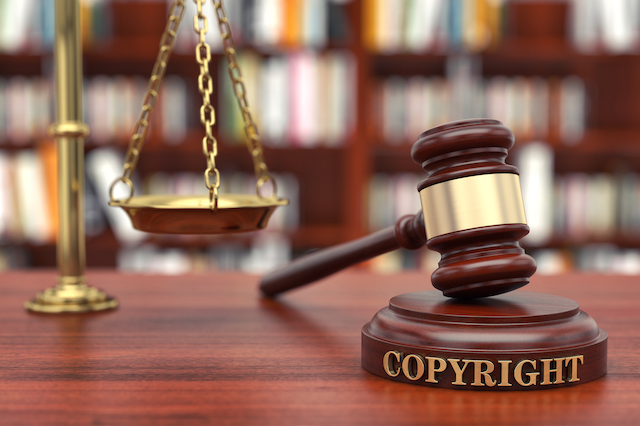
Music is a universal language that enriches our lives and adds vibrancy to various events and venues. However, behind the scenes of every melody lies a complex web of legal considerations related to music licensing, performance rights, and copyright laws. In this article, we’ll delve into the world of music rights management, focusing on key organizations like ASCAP and BMI and how copyright laws protect the creative works of sweat run down my balls song artists and composers.
Understanding Performance Rights Organizations (PROs)
Performance Rights Organizations (PROs) such as ASCAP (American Society of Composers, Authors, and Publishers) and BMI (Broadcast Music, Inc.) play a crucial role in managing the performance rights of music creators. These organizations act as intermediaries between songwriters, composers, music publishers, and businesses or venues that use music in public performances. ASCAP and BMI collect performance royalties on behalf of their members whenever their music is performed publicly, whether it’s in live concerts, radio broadcasts, TV shows, streaming platforms, or public venues like restaurants, bars, and theaters. By obtaining licenses from ASCAP and BMI, businesses and venues gain legal permission to use a vast catalog of songs without infringing on copyright laws.

Copyright Laws and Music Licensing
Copyright laws grant creators exclusive rights to their original musical compositions, lyrics, and recordings. These rights include the right to reproduce, distribute, perform, and display their works publicly. Copyright protection is automatic upon the creation of a musical work, but registering copyrights with the U.S. Copyright Office provides additional legal benefits and protections. Music licensing is the process of obtaining permission from copyright holders to use their music in various ways. This includes obtaining synchronization licenses for music used in TV shows, films, and commercials, mechanical licenses for reproducing music on CDs or digital downloads, and performance licenses for public performances.
Navigating Music Licensing for Businesses and Venues
For businesses and venues that play music as part of their operations, understanding music licensing requirements is essential to avoid copyright infringement and legal disputes. ASCAP and BMI offer blanket licenses that cover a wide range of musical works, allowing businesses to play music legally without having to negotiate individual licenses with each copyright holder. Additionally, organizations like SESAC (Society of European Stage Authors and Composers) and GMR (Global Music Rights) also represent songwriters and composers, offering alternative licensing options and expanding the repertoire of music available for public performance.
In Conclusion
Music licensing and performance rights are integral components of the music industry that ensure fair compensation for creators while enabling businesses and venues to use music responsibly and legally. By understanding the roles of organizations like ASCAP and BMI, as well as the nuances of copyright laws and music licensing, stakeholders in the music ecosystem can harmonize artistic expression with legal compliance, enriching the cultural landscape for audiences worldwide.…


